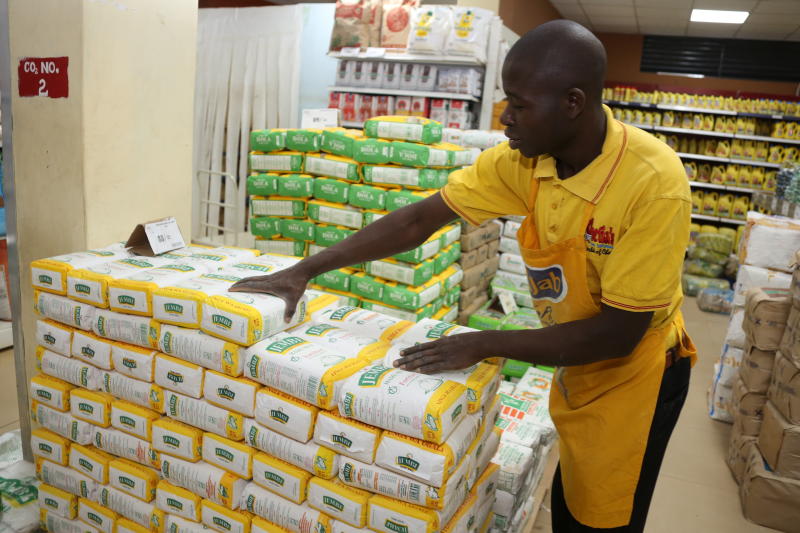×
The Standard e-Paper
Stay Informed, Even Offline

High cost of electricity, food and transport pushed up the cost of living in July as prices of products increased by 6.27 per cent compared to 5.7 per cent in June.
The increase, also known as inflation, is the fastest in 22 months and comes at a period when the economy is grappling with the weakening of the country's external position, sending prices of imported inputs through the roof.







